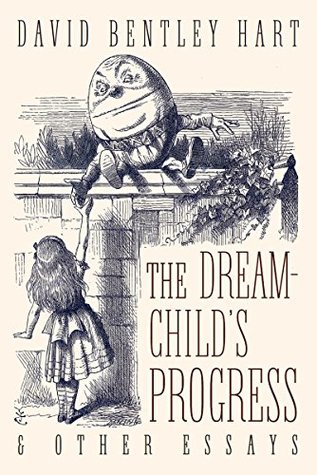More on this book
Kindle Notes & Highlights
Read between
December 19 - December 30, 2019
each of our lives is an opus imperfectum, which within its own immanent terms must in some sense end largely thwarted and unrealized; but we may truly hope that, sub specie aeternitatis, all the scattered and incomplete truths time contains will be gathered up into a final truth, and everything lost that is worth finding and everything broken that is worth mending will be restored, and all of it will finally be brought to a consummation that fulfills—but also immeasurably surpasses—the work we have always only begun.
But, in general, my love of country is a quiet, somewhat reclusive emotion that does not like to disport itself in the open.
The ease with which Americans often confuse their civic and fiscal values with Christian virtues is always a little baffling,
when Christ talked about private wealth, he certainly seemed to associate it with spiritual impoverishment.
The New Testament as a whole, truth to tell, seems to suggest that the accumulation of great private wealth, even when honestly acquired, is spiritually perilous and, as a rule, morally unjust.
But it is wise to recall that the Christ of the gospels has always been—and will always remain—far more disturbing, uncanny, and scandalously contrary a figure than we usually like to admit.
“He is not what we would make him.”
I suspect that an adoration of national borders is often a particularly damnable form of idolatry.
I have never been able to understand those (almost exclusively American) souls who expend such energy both on lamenting the late modern collapse of so many of the moral accords and cultural values and religious aspirations of the past and also on vigorously promoting the very system of material and social practices that made that col-lapse inevitable.
Even the fact of the system’s necessary reliance on immense private wealth makes it a moral problem from the vantage of the gospel, for the simple reason that the New Testament treats such wealth not merely as a spiritual danger, and not merely as a blessing that should not be misused, but as an intrinsic evil.


